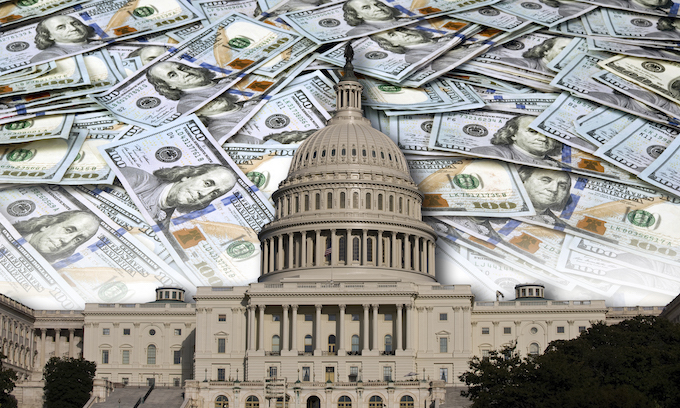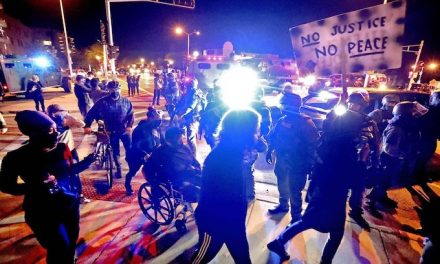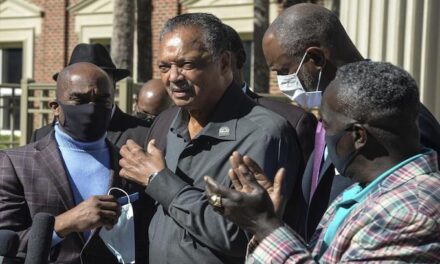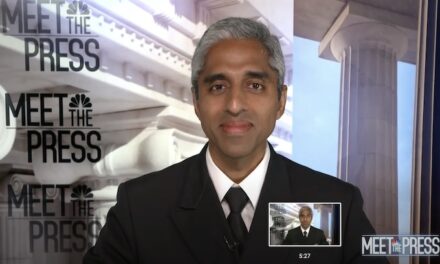A group of progressive lawmakers is looking to expand coronavirus relief and put monthly checks directly in the pockets of “ordinary” Americans struggling to make ends meet during the pandemic that has spurred massive layoffs and sent unemployment skyrocketing — a proposal likely to face staunch resistance from the White House and Republican leaders.
“A single check is not sufficient for households that are struggling during this health and economic crisis,” Sen. Ed Markey said during a Sunday morning briefing on the legislation he is filing with Sens. Bernie Sanders and Kamala Harris. “Americans need more than just one payment, providing recurring monthly payments is the most direct and the most efficient mechanism for delivering economic relief to those most vulnerable to this crisis.”
The so-called Monthly Economic Support Act would send $2,000 a month to people earning $120,000 or less — a higher earning threshold than the $75,000 for the first stimulus check that provided $1,200 to many citizens. Married couples would receive $4,000 and families would receive $2,000 per child for up to three children.
Payments would be assessed retroactively to March when the pandemic began and would continue for three months after President Donald Trump’s administration declares an end to the coronavirus public health emergency.
All US residents would be eligible — regardless of whether they have filed taxes recently or have social security numbers.
The Republican-controlled White House and Senate are likely to oppose the plan and have already pushed back on recent and future relief packages. Markey conceded “it has been a battle each step of the way.”
White Hosue top economic adviser Larry Kudlow last week said negotiations with Congress on the next coronavirus relief package will be halted until June.
An April jobs report — the first since the crisis began — pinpointed unemployment at 14.7% and revealed the economy shed 20.5M jobs that month as the coronavirus pandemic spread, triggering widespread business shutdowns. Millions stand to lose, or have already lost, healthcare coverage.
Low-income people and immigrants have been particularly hard hit by the virus, Markey said. A recent Harvard study revealed people who live in areas with high air pollution — who tend to be low-income individuals and people of color who are more likely to have existing health issues — at greater risk from dying of the highly infectious virus.
“The coronavirus has exposed many of the social inequities that have long existed, but remained out of the public eye,” Markey said.
___
(c)2020 the Boston Herald
Visit the Boston Herald at www.bostonherald.com
Distributed by Tribune Content Agency, LLC.
—-
This content is published through a licensing agreement with Acquire Media using its NewsEdge technology.



















Recent Comments